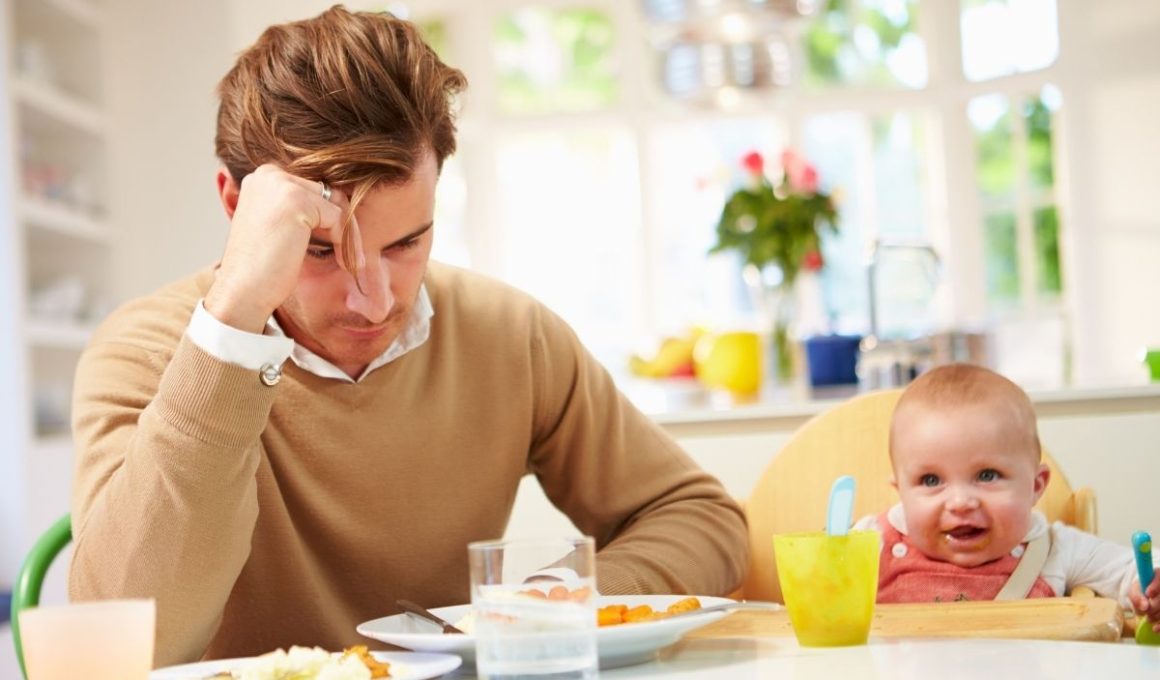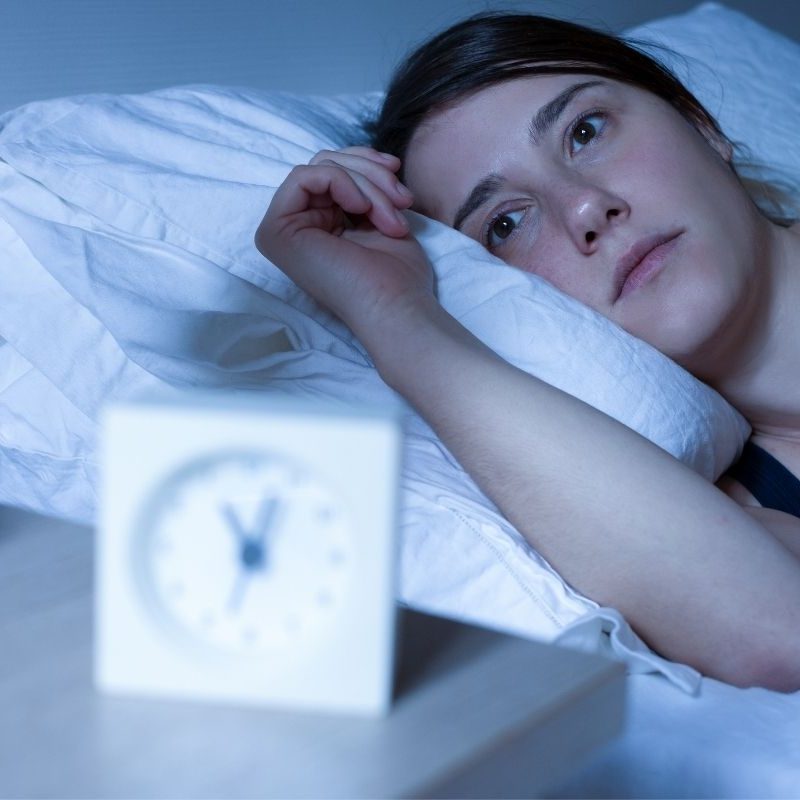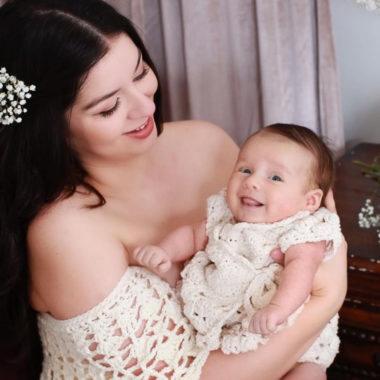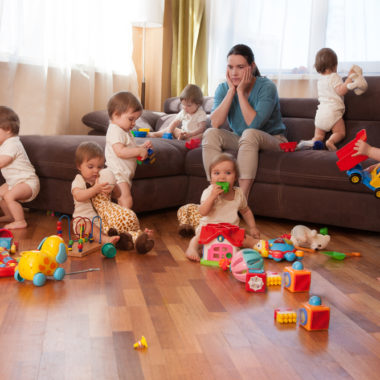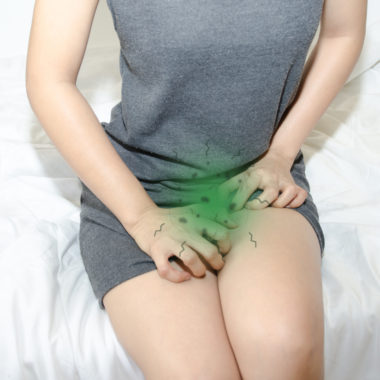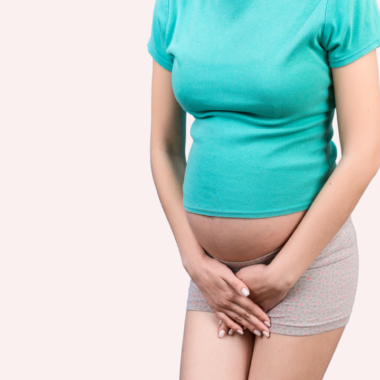Postpartum depression in recent years has been highlighted as a possibility after childbirth and most importantly, normalized. It is said that 1 in 10 women suffer from postpartum depression bringing the total number yearly to millions worldwide. But what is postpartum depression?
Postpartum depression is a more severe form of “baby blues” which most women experience after birth. The difference is, baby blues starts a few days after delivery with mothers being overwhelmed by sadness, crying spells, anxiety, and difficulty sleeping. Postpartum depression on the other hand (which has every tendency of being mistaken for baby blues at first) is a more severe and longer-lasting mood disorder. This can make a new mom have difficulty bonding with her baby, withdraw from family and friends, start to feel hopeless, suffer extreme fatigue and start having thoughts of suicide or harming the baby. A mother suffering from postpartum depression needs urgent and proper treatment by a health care provider.
Postpartum depression in men
Although postpartum depression (PPD) is popularly known as a mother’s battle, some mothers have reported a negative change in their partners’ behavior after the baby’s arrival. According to these accounts, this behavior almost seemed like postpartum depression. This has fueled confusion as to whether or not there’s any possibility of dads suffering from postpartum depression. Is this even possible?
The short answer is yes, paternal postpartum depression in men is very real.
Research by the Journal of the American Medical Association states that about 10% of fathers suffer from postpartum depression just after the baby is born. This is also known as paternal postpartum depression and sadly one topic that isn’t talked about enough. Does this tend to be stigmatized? Absolutely! Which could make dads disregard it, laugh it off and never mention it or seek the help that they need.
I spoke with a few mothers who have partners that suffered from postpartum depression. They shared their individual experiences.
Symptoms of postpartum depression in men
Who are the men at risk of developing postpartum depression
Causes of postpartum depression in men
What to do about postpartum depression in fathers
How to prevent postpartum depression in men
Emna’s Experience
“My husband and I live abroad, we were alone together when the Covid 19 lockdown happened. He was taking care of me and the baby but after 3months, he told me something was wrong with him. He was sad, he had insomnia and he started to resent the baby. We were both trying to seek help and he finally overcame it when my mom was able to come visit us abroad and take care of me and the baby.”
S.C’s Experience
“I noticed the signs in the first week we brought our baby home from the hospital. He was getting very frustrated way too easily and over things that weren’t really a big deal. He was acting like he couldn’t cope and was angry and unhappy about everything. He wasn’t feeling the love for our son because of his frustration at the littlest things like our baby crying because he is hungry or not sleeping and having to frequently wake up in the early stages when he was a newborn. He even said he wouldn’t stand in front of a bullet for him. He just wasn’t connected to him at all.
In the end, I had to constantly reassure him that it will get better, this was all new to us and a very big change. Once our boy starting cooing and smiling at the sight of both our faces and he started to sleep through the night, even in his own room, my husband’s mood greatly improved. Parenthood has been pretty great since then.
If I could do our first pregnancy all over again, I would really educate my partner about parenthood, what it’s really about, what’s involved and what to expect. We really went into it blindly without even really knowing anything and this may be the number one reason for his depression.
He has got so much better and he even admits that. He loves our son so much now and even misses him when our parents are babysitting for the night.”
Jamie’s Experience
“I started noticing my husband getting really selfish with his time and money (i.e buying a motorcycle, hanging out with his friend every day off, spending money on crap we did not need). He kept saying he had to do it now cause when we have our son life is gonna change. I let him do what he felt he needed and for three weeks – the week before I delivered, the week I did deliver and the first week home – my husband was back to the man I loved and remembered. A week into our new life, he began acting off.
He asked me if I loved him as much as our son. He said that now that I had my baby I no longer needed him. He was getting frustrated with the new schedule of naps and feedings and also the fact that our new baby needed and wanted me. My husband seemed almost bipolar. so happy and excited to have our son this minute but then immediately get upset that we can’t just do something like make dinner or go walk the dogs. Everything with a baby takes more time and energy so we fought almost every morning and evening when he would get home from work.
Our son was in what I called the “witching hour“. Fussy and just needing to be soothed before putting down for bedtime. My husband would want to hold and cuddle with our son but it wasn’t happening. Our son cries, squirms, and makes it very hard. Which makes my husband want to put him down in the crib shut the door and turn up the tv or put music on to drown out the noise. I’d get so sad watching this and immediately grab our son and rock him or nurse him and try singing to him while trying not to make it obvious to my husband that I was able to soothe him back to sleep. When going to bed my husband would tell me how I no longer have time for him and us even saying that when we sleep I am more concerned about our baby than cuddle with him.
Three weeks into our new life I suggested going to a couples therapist to work out the kinks and get help navigating our new life. He immediately got defensive. He flipped everything on me and I began to feel like maybe it really was me. After our first session, my husband made three very impactful statements along the lines of “our life isn’t what he thought it would be, he feels jealous of my time with baby, he feels my love has changed for him.” All very selfish statements but yet very real and raw.
I now make out time every day or every other night just for him and me. Trying to give him some intimacy. However, in doing so he wants everything to last 45 minutes when in reality we have only 10-15 minutes. This is our current issue.
My husband has been and still is in denial that anything is wrong. The therapist mentioned it and after the session, he said that he didn’t feel any different whatsoever.
There are days my husband is genuinely the best person ever and there are days he resents making this human and the lack of attention he is getting as a result in addition to his new responsibilities.
He has “talked” to several coworkers and a few friends who have children and they let him know that what he feels is “normal” and that one day he will feel more bonded and connected to our son. He gets excited when he hears that other dads have felt the same way. He feels validated.
In my opinion, I feel all of this would have been avoided if covid wasn’t happening. We would have probably had more support and been surrounded and more included with family and friends. He might have felt more excited and prepared if we hung out and were around others with babies and young children.”
Symptoms of postpartum depression in fathers
Fathers suffering from depression can experience;
- Severe anxiety
- Become overwhelmed with feelings of not being enough
- Lose interest in their work, sex, favorite activities or hobbies
- Over work
- Have difficulty sleeping
- Develop anger problems
- Increase use of alcohol
- Isolate from family and friends
- Suffer fatigue
- Thoughts of suicide
Men at risk of developing postpartum depression
Some men more than others are at risk of developing postpartum depression. They are:
- Men who have or are suffering from depression
- Men who are financially struggling
- Men who are younger
- Men who have never been around babies and had no knowledge of parenting
Causes of postpartum depression in men
Contrary to popular belief, men also experience changes in their hormone levels which can result in depression. There are also a number of non-hormonal factors that can lead to paternal postpartum depression:
- Pressure to provide for the new addition to the family
- Poor relationship with spouse
- Not being able to bond with the baby as they’d like
- Not being the center of their partner’s attention anymore
- Lack of sleep
- Having twins or triplets
- Partner suffering from depression
- Having a child with health conditions or who is special needs
- Missing life before baby
What to do about postpartum depression in fathers
It is very important to mention this to a health care professional to get help with postpartum depression. Untreated postpartum depression can become dangerous for dad, mom and even baby. Postpartum depression can be treated in multiple ways depending on the symptoms and severity from anti-depressant medication, therapy and participation in support groups for education and emotional support.
How to prevent postpartum depression in men
There’s no one way to prevent postpartum depression in women and men, however, it is beneficial to gain knowledge about parenthood prior to becoming parents. This is to enable you and your partner have a clear vision of what to expect when the baby arrives. Read books, watch videos, talk to other parents and indulge in content centered especially around the early stages of parenthood.
- How To Revive Your Sex Life After Baby - October 17, 2023
- The Sona App Aims To Make Your Child “Sleep Like A Baby” And We Tested It - May 14, 2023
- 7 Ways To Get Some Alone Time As A Mom - March 1, 2023
